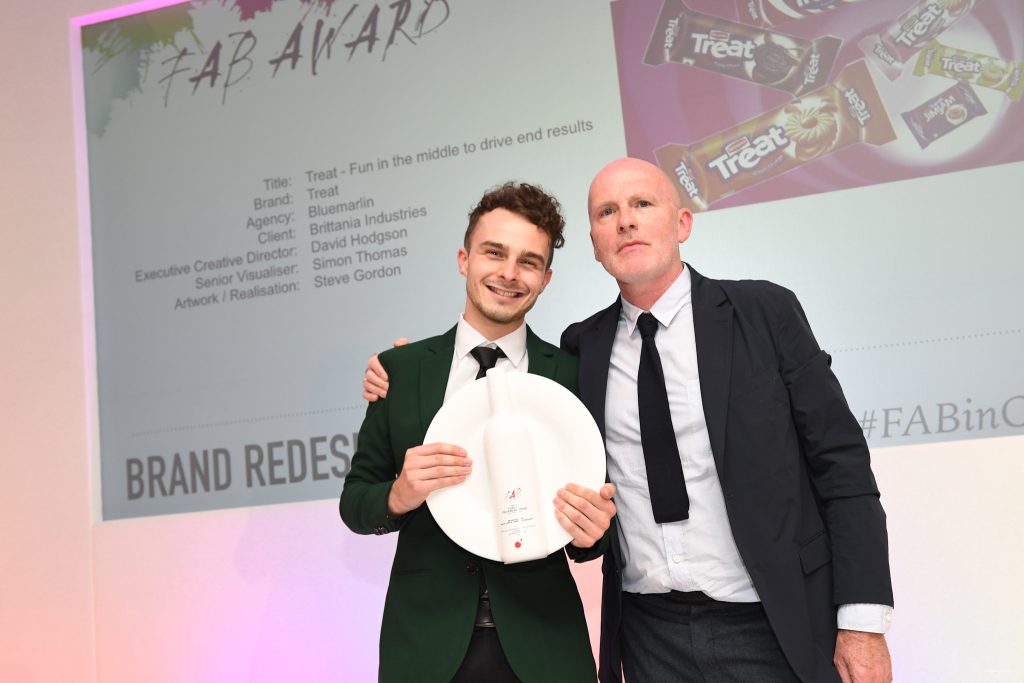
Awards: how to improve your chances of success
Entering and winning the right awards can bring your business many benefits. Not only are they great for attracting and retaining talent, but they also hugely influence client buying decisions as they provide that impartial seal of approval and reduce risk. Not only that but, awarded businesses can experience an average of 77% higher sales growth than non-awarded businesses. And leading M&A and Corporate Finance advisors note that the right awards will add value to your proposition and are an important consideration when it comes to sale.
So, if these are just some of the reasons why you should be entering awards (and more can be found here), why are some businesses not winning the awards they deserve, or not even entering them in the first place?
Whenever I speak to businesses about awards, I invariably get one of the following responses:
- We’re happy doing what we’re doing
- They’re just money-making schemes and we’re not interested, thanks
- We’ve dabbled in the past with some success, but we don’t really know which ones we should be entering
There’s not much I can really do about the first two. Once people have made up their minds it’s often quite hard to change them – but not impossible. However, it’s the third response that really floats my boat.
Having written award entries for well over a decade, I know what it takes to win, and so here are my top three tips for improving your success rate and winning big.
1. Have a goal and be single-minded about it
Every business should know what it wants to achieve, whether it’s a Big Hairy Audacious Goal (BHAG) that is tangible, energising and highly focused, such as becoming the Nike of your own industry. Or something less visionary and more practical and immediate such as repositioning your business to be seen in a different light.
My previous employer, brand design consultancy Elmwood, wanted to be ‘the world’s most effective design agency’ to prove that it consistently delivered commercially successful work – regardless of the type or size of client. By working towards this single-minded goal, I helped the team win 53 DBA Design Effectiveness Awards in the last ten years and kept the business at the top of the league table for the entire decade. Now, because Elmwood is 32 awards ahead of its nearest competitor, it can confidently call itself ‘the world’s most effective design agency’.

2. Have a plan, publish it and stick to it.
Once you know what you’re aiming for, it’s much easier to identify the awards that will help you get there. Invariably you’ll have a limited budget and you won’t be able to do everything, so it’s really important that you make a plan and stick to it. And don’t let others try to deviate you away from it!
I find it helps to publish the plan so that others can see what you’re aiming for and can get on board. If they understand what the ultimate goal is then they can help to prepare for what’s needed well in advance. And everyone will be happier to avoid those last-minute ad hoc requests.
One such example is my recent work with brand acceleration agency Bluemarlin. Having a strategic plan that has been well-executed has resulted in improvements across all of its KPIs of increased awareness, talent attraction, retention and team motivation.

3. Be prepared
Regardless of the type of award you go for it’s imperative to really understand what the judges are looking for and play to that. Many publish judging criteria, but others don’t, so you need to look back at the winners from previous years to understand what type of work wins, and what information is needed to make a persuasive entry.
It also helps immensely to have your house in order in terms of case studies. A comprehensive case study that details the brief, strategy, solution and results is a must, but if that doesn’t exist (yet) then the client brief, strategy and design presentations, as well as any results are a very good starting point.
When I started working with one design business, they had partial case studies that were a good starting point but didn’t necessarily contain all the information needed for awards. Now they have seven compelling case studies, six of which are award-winning.
By taking a step back and looking at the whole awards process objectively, and by putting these steps in place, you will instantly put yourself in a much better position to win the right awards for your business. And then all you need to do is start shouting about your success.
